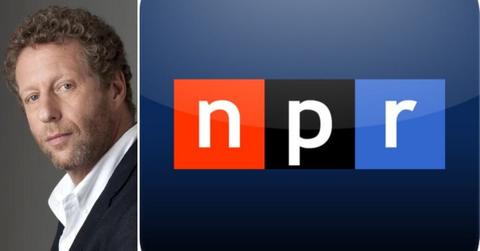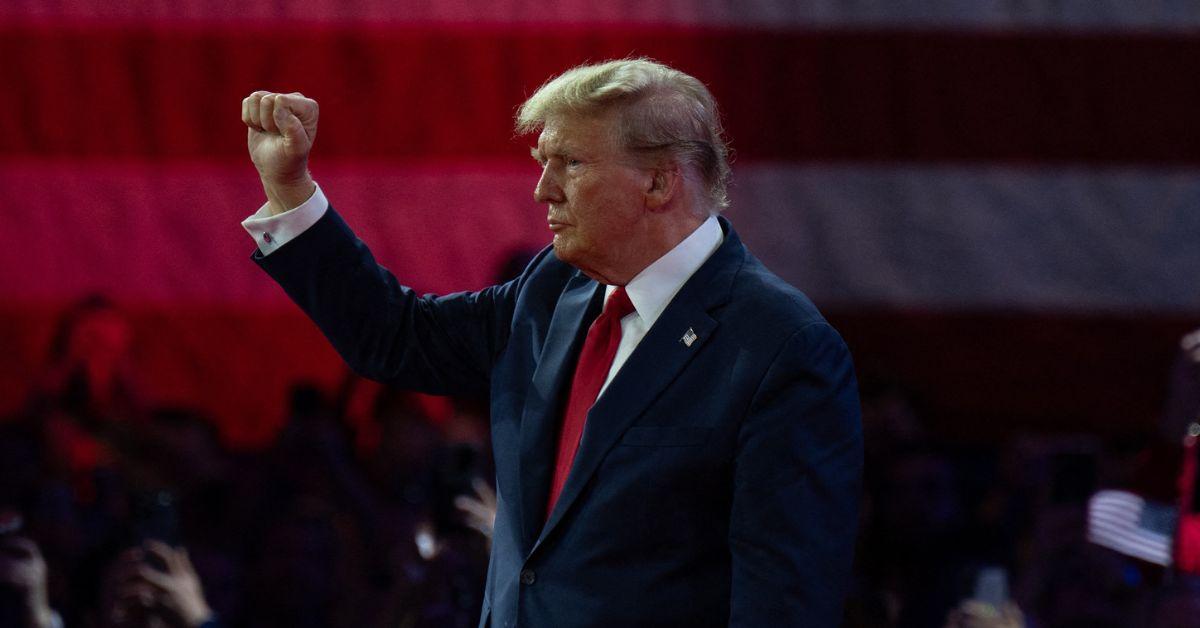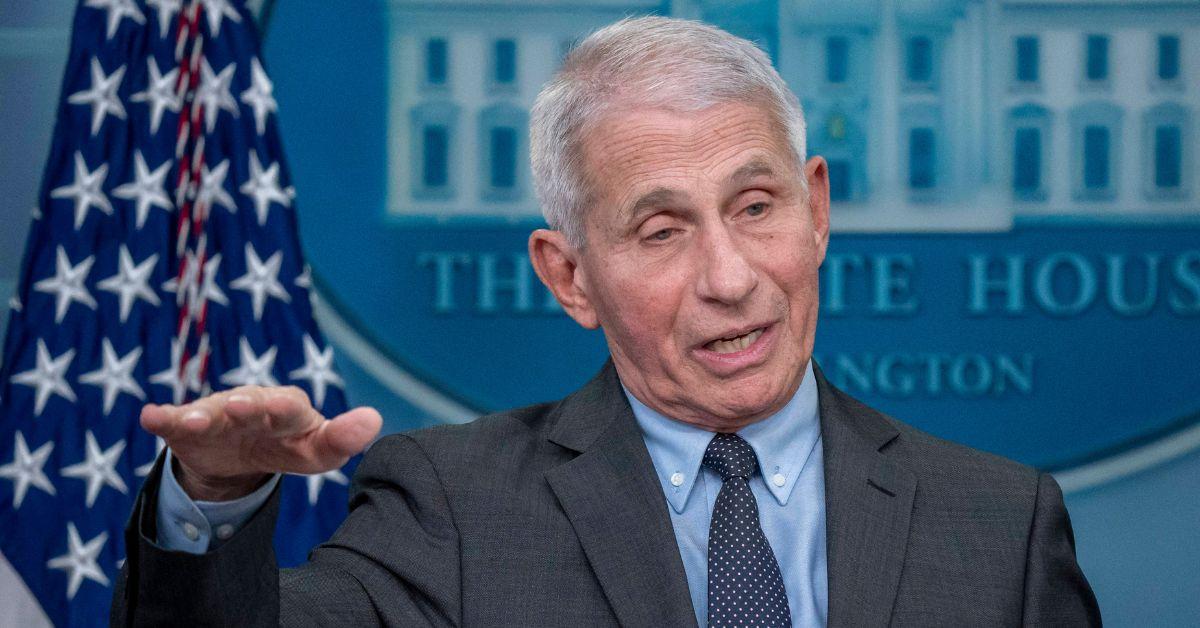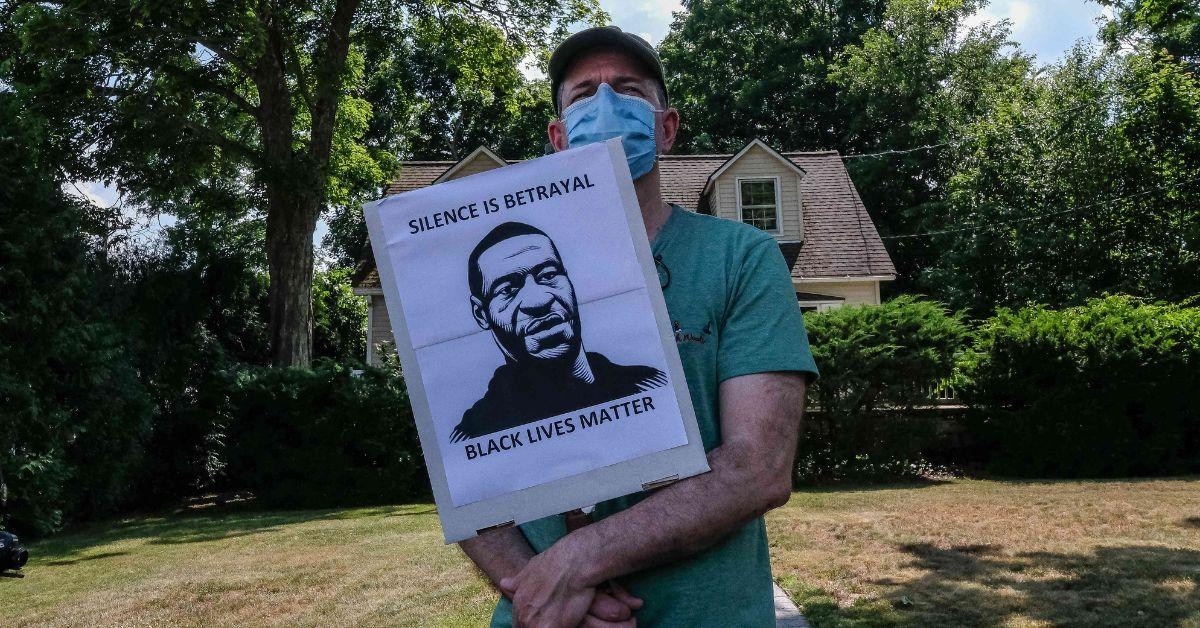NPR Editor Slams Outlet for 'Losing America's Trust' by Pushing 'Progressive' Agendas While 'Ignoring' Stories About Hunter Biden and COVID-19

NPR business editor Uri Berliner raised alarming concerns this week about the outlet’s alleged transformation into an activist organization fixated on the promotion of progressive agendas.
April 9 2024, Published 3:30 p.m. ET
NPR business editor Uri Berliner raised alarming concerns about the outlet’s alleged transformation into an activist organization fixated on the promotion of progressive agendas, RadarOnline.com can report.
Berliner expressed his apprehensions in an essay for The Free Press published on Tuesday morning titled I’ve Been at NPR for 25 Years. Here’s How We Lost America’s Trust.
He discussed NPR's shift from an impartial news outlet to one that lacked credibility in covering current affairs.

NPR Editor Uri Berliner claimed that the outlet changed when Donald Trump was elected president in 2016.
The NPR editor pointed out that while the outlet always had a pre-existing liberal inclination, it was not as partisan until the emergence of Donald Trump into the political landscape in 2015 and 2016.
“Like many unfortunate things, the rise of advocacy took off with Donald Trump,” Berliner wrote this week. “As in many newsrooms, his election in 2016 was greeted at NPR with a mixture of disbelief, anger, and despair.”
“But what began as tough, straightforward coverage of a belligerent, truth-impaired president veered toward efforts to damage or topple Trump’s presidency,” he added.
Berliner highlighted instances where NPR strategically withheld information from its audiences during the 2016 and 2020 presidential elections – indicating what he believed was a stark departure from its usually transparent reporting standards.
"Persistent rumors that the Trump campaign colluded with Russia over the election became the catnip that drove reporting,” he revealed. “At NPR, we hitched our wagon to Trump’s most visible antagonist, Representative Adam Schiff.”

Berliner claimed that NPR was "biased" in its reporting about the COVID-19 lab leak theory.
Berliner also shed light on NPR's selective coverage of events – such as embracing allegations of Trump's ties to Russia while downplaying subsequent findings that contradicted such claims.
Similarly, NPR's handling of contentious issues like the COVID-19 lab leak theory and the Hunter Biden laptop saga were deemed “biased” and “dismissive” by Berliner.
“The laptop was newsworthy,” Berliner acknowledged. “But the timeless journalistic instinct of following a hot story lead was being squelched.”
“During a meeting with colleagues, I listened as one of NPR’s best and most fair-minded journalists said it was good we weren’t following the laptop story because it could help Trump.”
The editor ultimately traced the roots of NPR's sudden ideological shift to former CEO John Lansing and Lansing’s association with President Joe Biden.

Berliner revealed that NPR opted not to cover the Hunter Biden laptop saga.
Berliner recalled NPR's demographics in 2011 – one that allegedly reflected a varied audience with a mix of conservative, moderate, and liberal listeners.
However, flash forward to 2023, and Berliner claimed that the outlet’s listener base significantly skewed towards a more liberal stance – a change that raised significant questions about NPR's editorial direction.
Never miss a story — sign up for the RadarOnline.com newsletter to get your daily dose of dope. Daily. Breaking. Celebrity news. All free.
Berliner also critiqued NPR's newfound emphases on diversity and inclusion that were allegedly spearheaded by initiatives launched following George Floyd's tragic killing in May 2020.
“It was an anguished time in the newsroom, personally and professionally so for NPR staffers,” Berliner charged. “Floyd’s murder, captured on video, changed both the conversation and the daily operations at NPR.”
The outlet’s stringent guidelines on journalist interactions, as well as a heightened focus on demographic factors, were perceived by Berliner as detracting from NPR’s core journalistic principles of objectivity and impartiality.

According to Berliner, NPR changed even more after George Floyd was killed in May 2020.

Berliner went on to highlight instances of internal discord within NPR. He cited concerns about the lack of political diversity in editorial positions as well as discrepancies in editorial content.
Despite his efforts to address such issues internally, Berliner expressed frustration at NPR's reluctance to acknowledge and rectify the apparent biases in the newsroom.
“For years, I have been persistent,” Berliner wrote. “When I believe our coverage has gone off the rails, I have written regular emails to top news leaders, sometimes even having one-on-one sessions with them.”
“Even within our diminished audience, there’s evidence of trouble at the most basic level,” Berliner concluded, “trust.”
Powered by RedCircle



